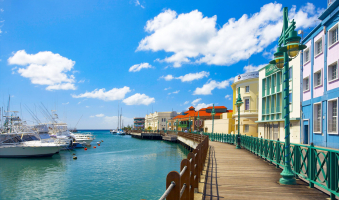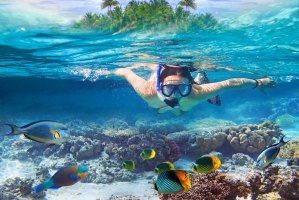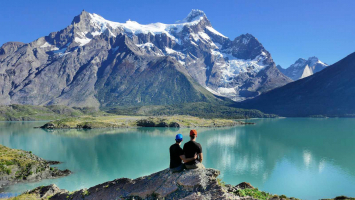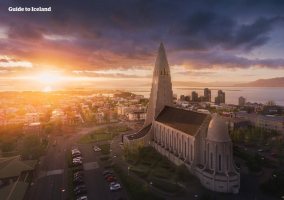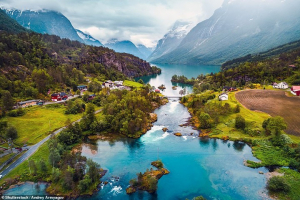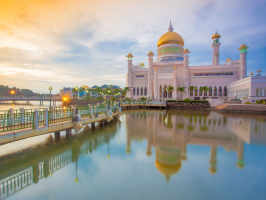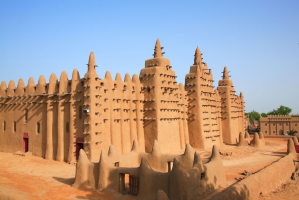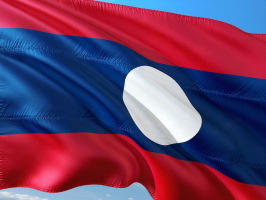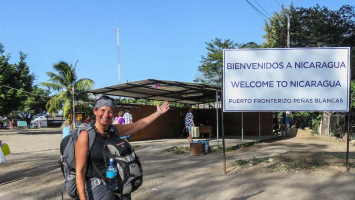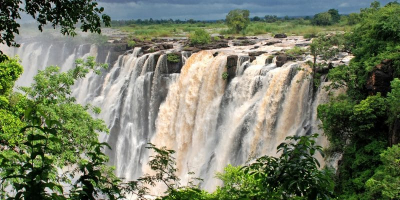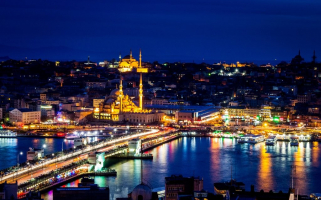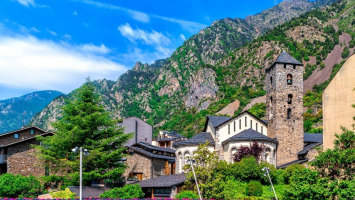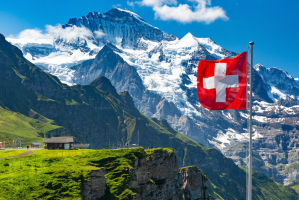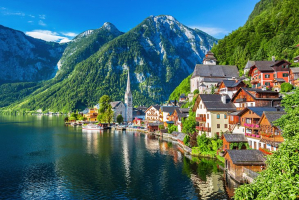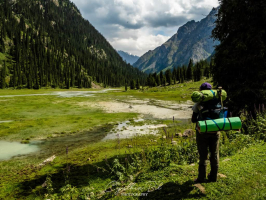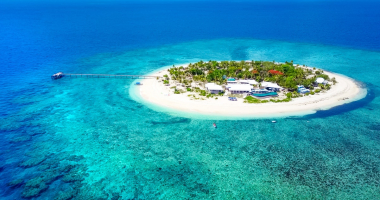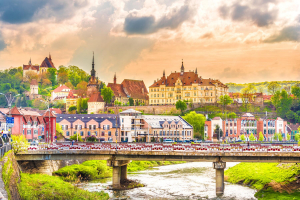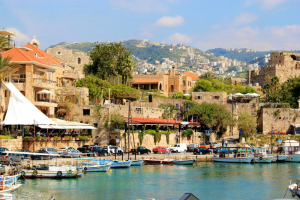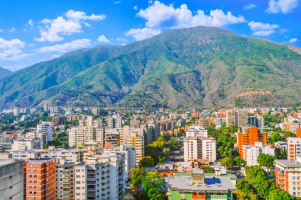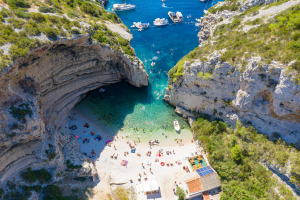Top 11 Things About Honduras You Should Know
Honduras does not have a good reputation. The fact that it is regarded as the most hazardous country on the earth (outside of conflict zones) and that one of ... read more...its main cities has been called "the murder capital of the world" does not exactly make it a popular tourist destination. However, if you travel a little farther into the country, you will discover safe spots that are well worth visiting. These include unspoiled jungle, amazing coral reefs for scuba diving, and peaceful settlements. Sure, Honduras may appear frightening – especially if you believe all you read in the media – but the nation is much more than gangs and drug battles. Nonetheless, there are lots of things to know before traveling to Hondura
-
Yes, the first thing you need to know about Honduras is that Honduras has a frighteningly high homicide rate, and the nation is filled with horrible events. San Pedro Sula is often regarded as the world's most deadly city (other than those in war zones). However, there are several regions in Honduras where life is more relaxed and machete-wielding guys are not on every street corner.
If you leave the large towns and spend time in the Honduran countryside, you'll witness a side of the nation that is rarely depicted in the media. Honduras has its frightening spots, to be sure, and these locations should be avoided at all costs. However, it is rather simple to bypass certain areas of the country and enjoy safety and shelter in their more secure areas.
The crime statistics are depressing, and there is no doubting that Honduras is a dangerous place to visit, yet the great majority of visitors enjoy a good time while remaining safe. There isn't much to see in major, violent towns like San Pedro Sula or Tegucigalpa, so travel to the islands of Utila and Roatan, or see the Copan ruins.
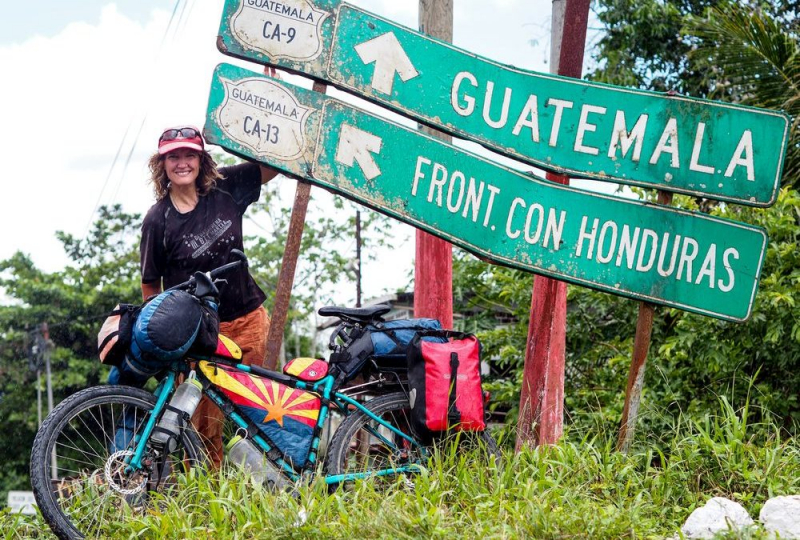
Source: pushbikegirl.com 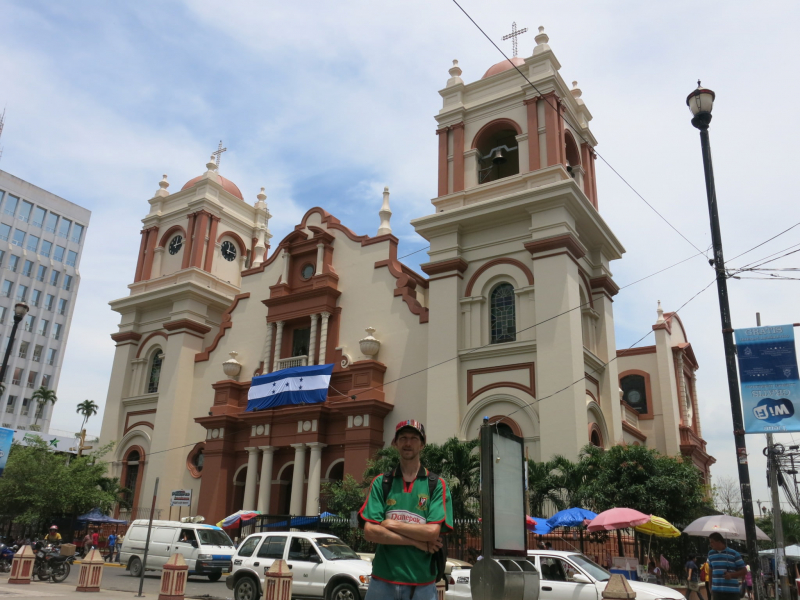
Source: layerculture.com -
People talking about pumas and jaguars, brightly colored tropical birds like parrots and toucans, and nearly neon insects sprinkled amid the plants. Honduras is home to over 100 different species of snakes and reptiles, including the basilisk, a long-legged crested lizard. If you have the time and money, venture into the distant forest to observe some of Honduras' magnificent wildlife. The nation is home to many big cats, monkeys, and birds, and the rainforest is the biggest north of the Amazon.
Because Honduras is relatively underdeveloped – notably in comparison to adjacent Costa Rica and even less so in comparison to neighboring Nicaragua – a major portion of this rainforest remains wild and uncontrolled. There are many locations that are off-limits to tourists, but there are many spots to explore to get a taste of this country's diverse nature.
Rio Platano Biosphere Reserve, Lago do Yojoa, and Pico Bonito National Park are all fantastic sites to observe some of these species in their native environment; all of which are national parks with low admission fees and plenty of opportunities to watch animals.
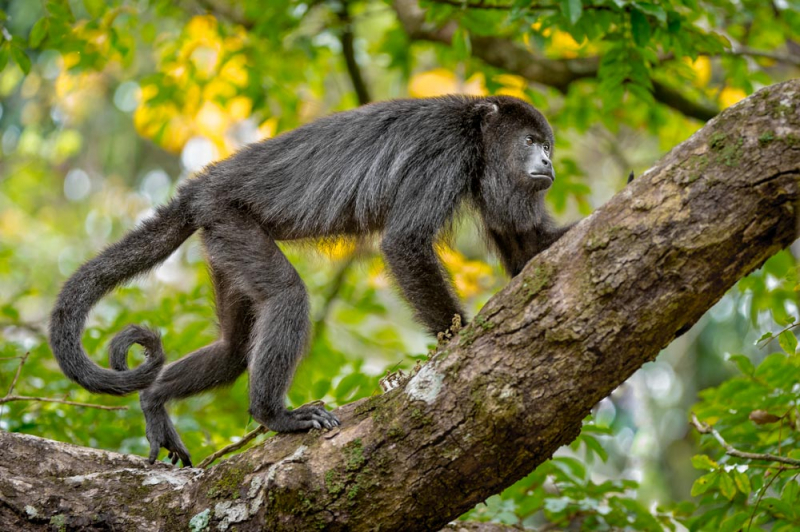
Source: jaredlloydphoto.com 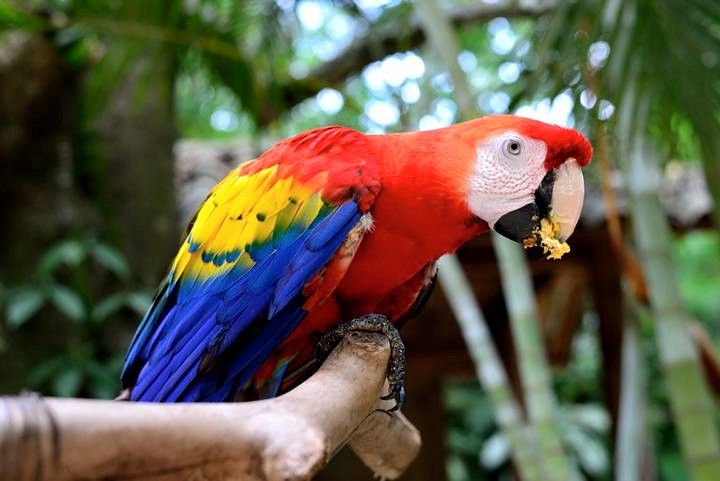
Source: pinterest.com -
Thirdly, Honduras is home to the world's second-largest barrier reef. Divers visit Honduras to appreciate the shoals of tropical fish and beautiful coral, and during certain seasons of the year, they may even see whale sharks or other larger marine monsters! It is one of the best things that you need to know about Honduras.
Utila, an island off the coast of La Ceiba (spend as little time as possible in La Ceiba, it's one of the few places in Honduras that felt dangerous to people), is a fantastic place for both professional and beginner divers – it's also one of the cheapest places in the world to get an open water qualification. Utila is well-known for being one of the cheapest places in the world to obtain an open water certificate, but it is also ideal for experienced divers. From October to December, there are gorgeous coral reefs to explore, as well as a plethora of tropical species and even whale sharks.
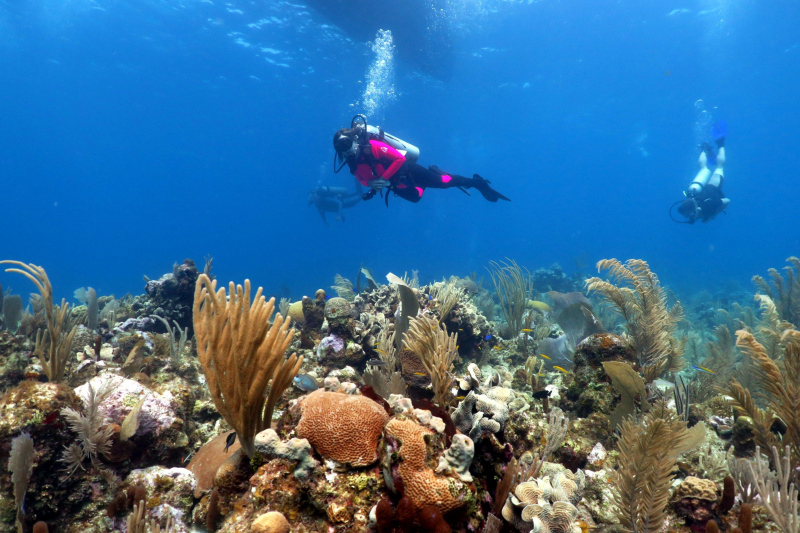
Source: pinterest.com 
Source: discoverroatan.net -
Honduras is the most mountainous nation in Central America, and as a result, several more absolutely gorgeous settlements have been cut into the slope. Because of the scarcity of tourists in the Central American country, many of these Honduran communities remain untouched. Check out Santa Lucia and Valle de Angeles (both near Tegucigalpa), Gracias (the historic capital of Central America with magnificent hot springs), and Amapala, a fishing community in southern Honduras.
Honduras' economy has traditionally relied on banana and coffee exports, although it has expanded to include other items like apparel. Honduras is Central America's second poorest country, with the bulk of its population working under difficult conditions. It also has an unbalanced income distribution and a significant rate of underemployment. Honduras, on the other hand, has enjoyed the second-highest economic growth in Central America in recent years, after only Panama.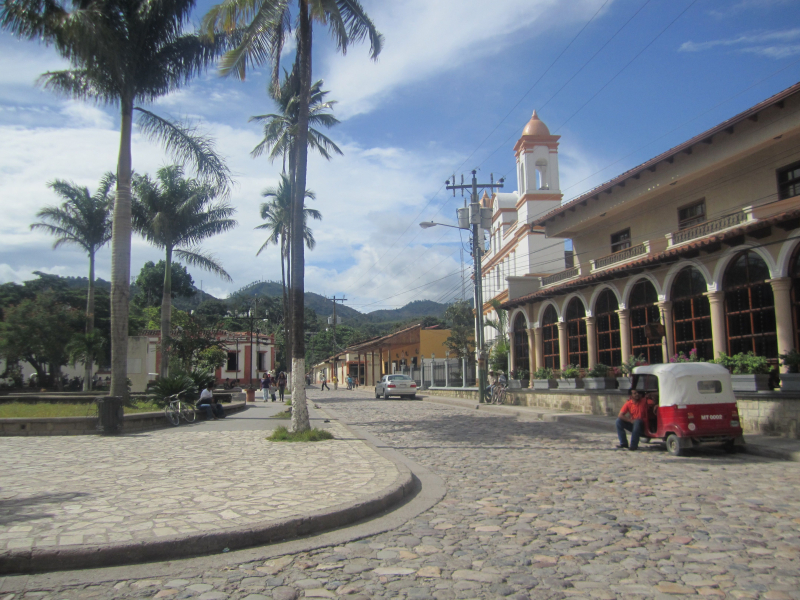
Source: pinterest.com 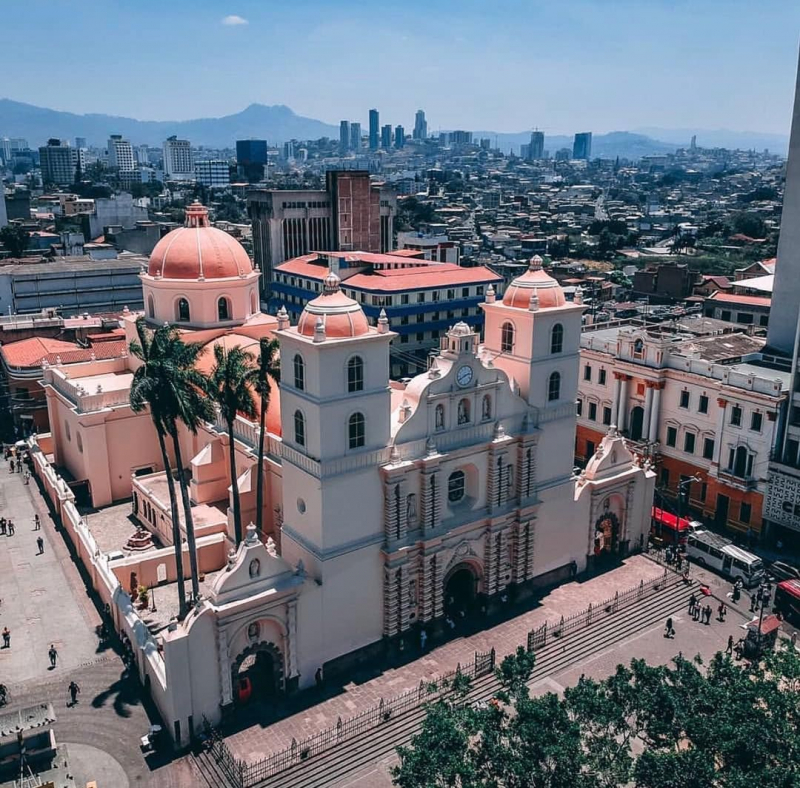
Source: pinterest.com -
Despite being commonly regarded as one of the world's most dangerous towns, the Honduran capital has some sights worth seeing. Of course, safety precautions must be taken when staying in the capital, such as staying in a safer neighborhood, avoiding going out at night, and not bringing cash or valuables with you when you go out. If you're feeling courageous – and keep in mind that, despite its reputation, most excursions to Tegucigalpa are incident-free – there's enough to enjoy in the city. It is Central America's second-biggest metropolis and one of the region's oldest capital cities.
La Leona Park, which has magnificent views of the city, El Picacho Park, which has a statue of Christ overlooking the city (and adjacent Comayaguela! ), and the old town with colonial architecture are all worth a visit. While Tegucigalpa has some intriguing attractions, San Pedro Sula, the other important city, isn't worth the time and is mostly utilized as a transit hub. The dangers of Honduras can be greatly reduced by avoiding San Pedro Sula.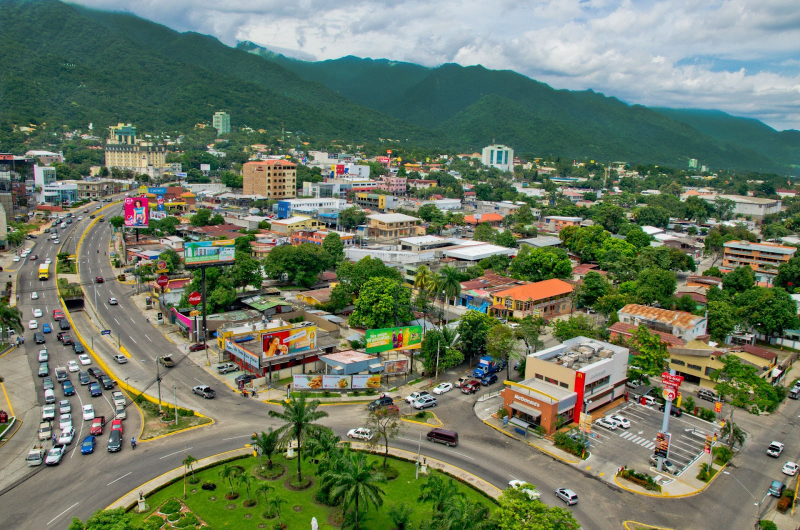
Source: sooluciona.com 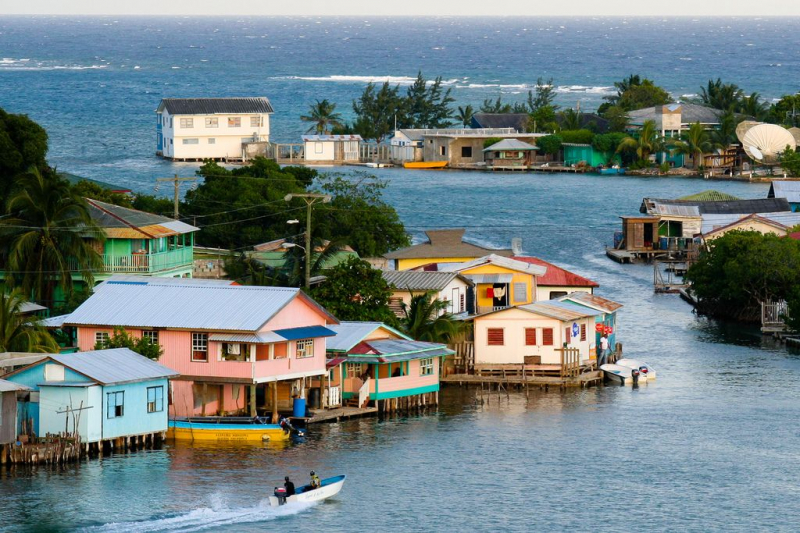
Source: artesgraficas504.com -
This is another fact you should know before traveling to Honduras. In 2003, 64.5 percent of Hondurans were poor, which was more than in the majority of surrounding nations. When visiting Honduras, keep in mind that, while it is one of the cheapest destinations to vacation in Latin America, this is mostly due to the deplorable conditions in which many inhabitants live.
Respect should be shown to people who live in poverty in the country. There are ethical volunteering alternatives accessible that have a significant influence on people's lives. Eating at street food vendors or small local restaurants, buying local goods, and staying in homestays are other ways to help the people. When bargaining over market items, it's also crucial to keep Honduras' poverty levels in mind. It may be pleasant to save a dollar on a lovely top, but in reality, this $1 will make a far greater impact in their lives than in yours.
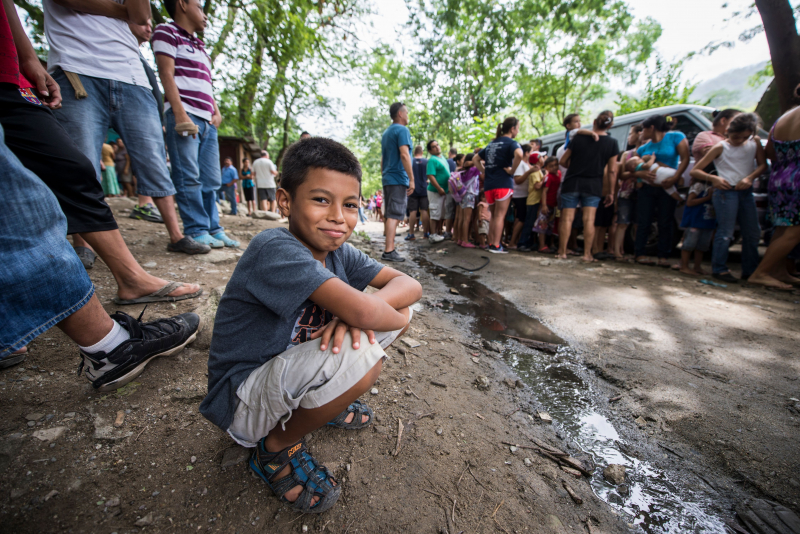
Source: alive2love.org 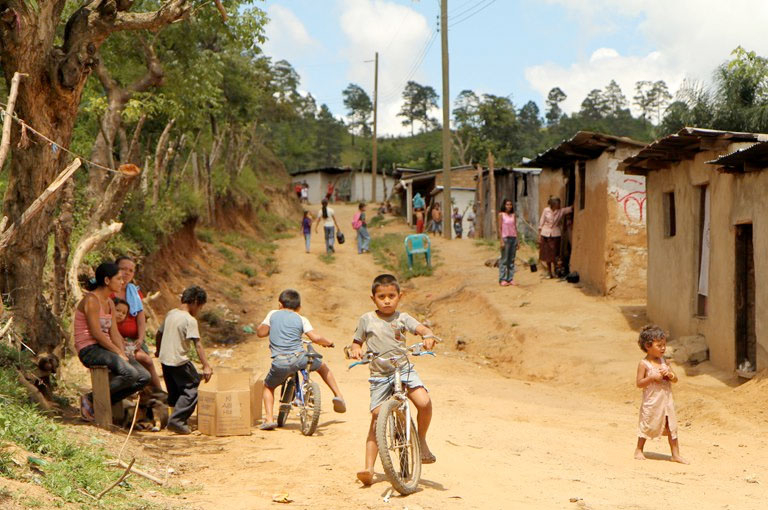
Source: gofundme.com -
Hondurans do not have a good reputation. Because of gang violence and drug smuggling, many visitors who have never visited the nation believe that every local is no stranger to firearms and cocaine. Even though there are some rotten apples in Honduras, the vast majority of Hondurans are very kind, sensitive, and warm-hearted. All Hondurans encountered have been really friendly and eager to show visitors around their beautiful nation. Honduran friendliness is ubiquitous and consistent, particularly outside of major towns.
According to statistics, Honduras is one of the poorest countries in Central America, with 66 percent of the people living in poverty. Despite their great poverty, Hondurans are extremely proud of their culture and have a strong work ethic. Hondurans value family and are welcoming to children. Hondurans use a lot of hand gestures when talking, and eye contact is often a show of respect. This is a great thing that people know about Honduras.
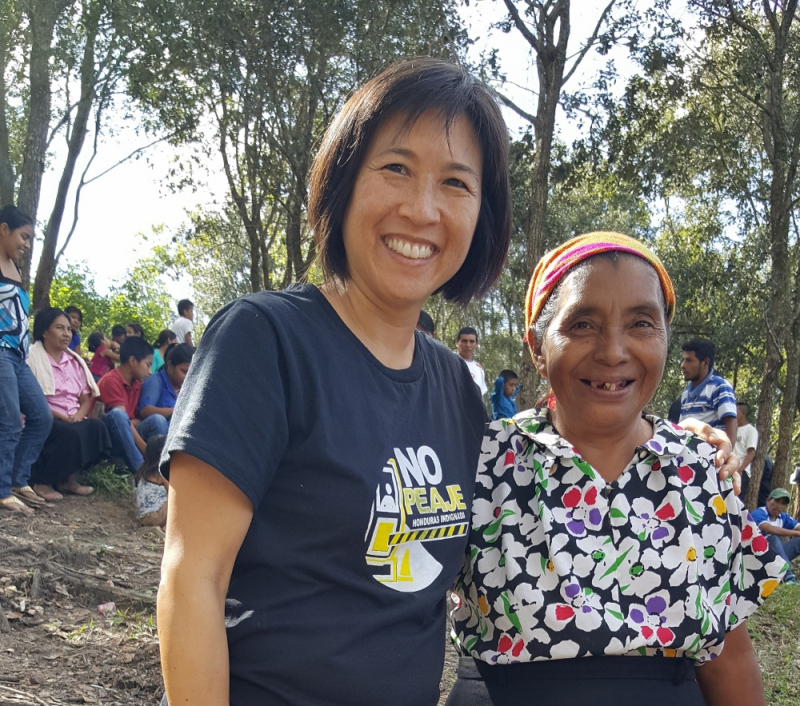
Source: burkewessin.blogspot.com 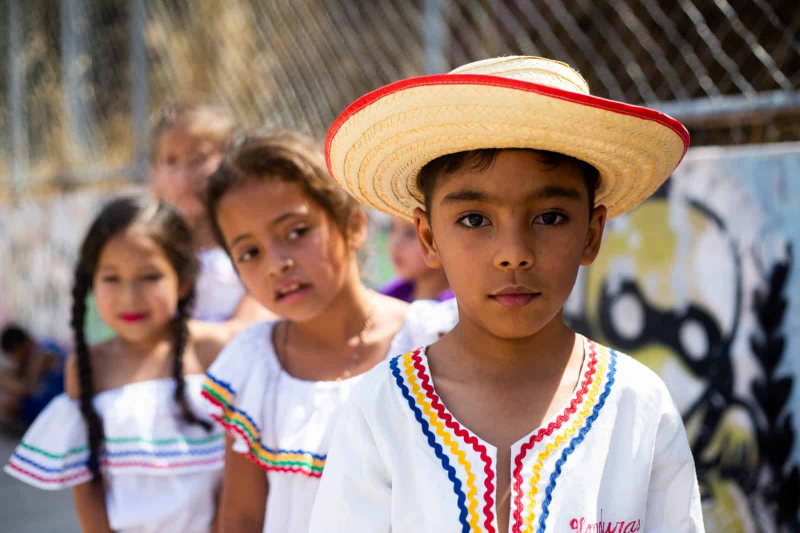
borgenmagazine.com -
It is possible for this to happen across Central America using only English (though you should learn some Spanish before you go), but in Honduras, where tourism has yet to take off, most people will only speak Spanish. Learn some before you travel — a little goes a long way – so you can communicate with all of the nice folks you meet!
Hondurans speak Spanish, which was taught to them by colonialists many years ago. The language is utilized for formal government and corporate interactions. Furthermore, Spanish is the language of teaching at educational institutions. Honduran Spanish is comparable to Spanish spoken in El Salvador and Nicaragua. Castilian is the most frequently spoken language in Honduras nowadays. This is a dialect of Spanish that originated in the region of Castilla. It is also known as Castilian Spanish at times.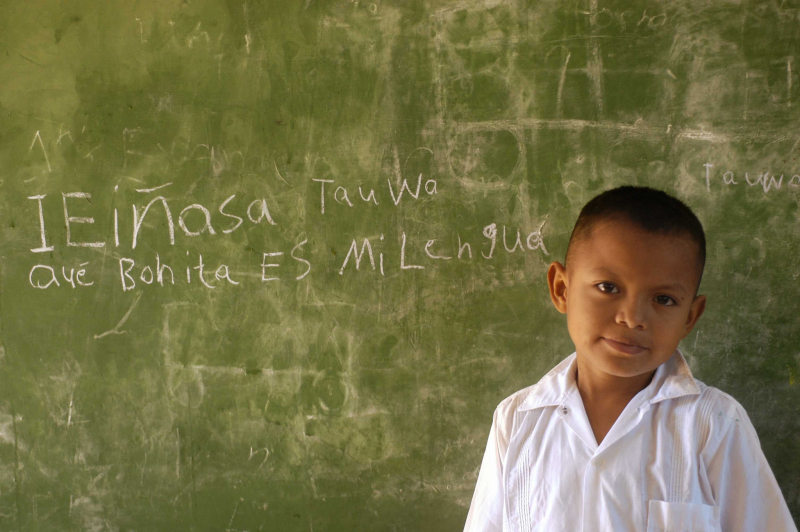
Source: studycountry.com 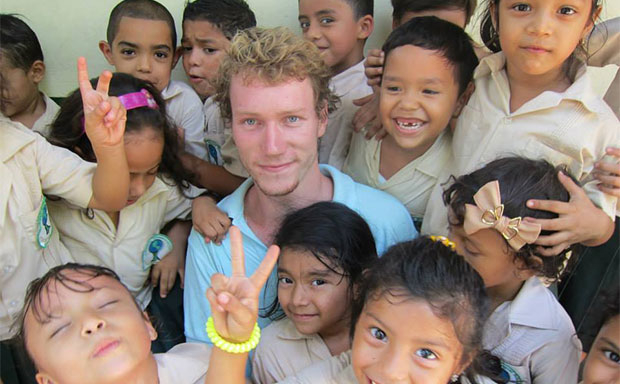
Source: helpstat.com -
The Mayan Ruins are self-explanatory! There is a spectacular 'old' history from ancient times, and the culture of these is still largely unknown, like in neighboring Guatemala and Mexico. This makes it an ideal location for exploration. The more recent history explains why the country is as hazardous and rarely frequented as it is now; some of the tragedies included a large number of insurgents and government troops from Nicaragua. There was finally a civil war, which resulted in a lot of suffering.
This history is terrible, but Honduras is gradually regaining its footing and rebuilding as a nation. While Honduras is not as closely linked with Maya culture as neighboring Guatemala, the culture is still alive in the country's west. Copan's ruins are a focal point for the local Maya community and are well worth a visit. Copan is the location of an ancient Maya city in Western Honduras. Between AD 426 and 820, it was one of the Maya world's most densely inhabited metropolitan places.
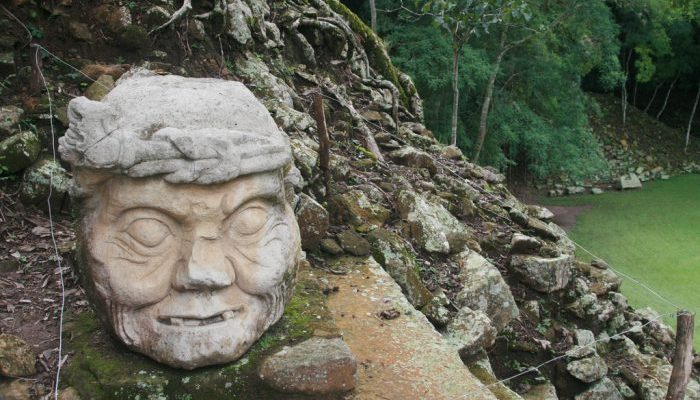
Source: quarya.com 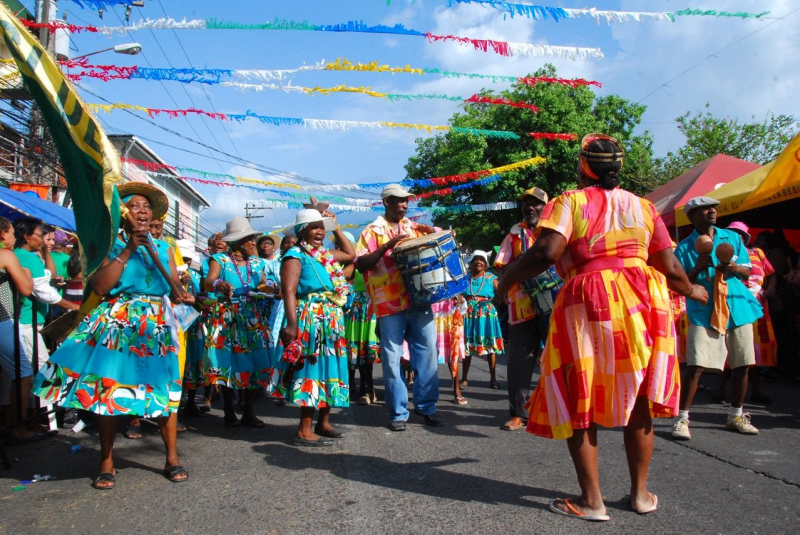
Source: pinterest.com -
Honduras is being chastised not for the sake of its murderous gangs and drug-armed conflicts, but also for its airport. Because of its inaccessibility, Toncontn International Airport un Tegucigalpa has been dubbed the world's second most hazardous. It is tucked away in the mountains, and planes have a hard time dealing with landing owing to the various extensions and short approach — and the requirement for a 45-degree turn to reach the runway! Planes approaching Toncontn must descend pretty fast and land on the often difficult-to-see runway.
Obviously, many flights arrive at the airport without issue – albeit with a few apprehensive passengers! If you're a nervous flyer, try entering Honduras through land via Guatemala or Nicaragua. The landing is an awful disaster for folks who have to fly in on a daily basis. Passengers are transported down a twisting valley before landing on a small runway.
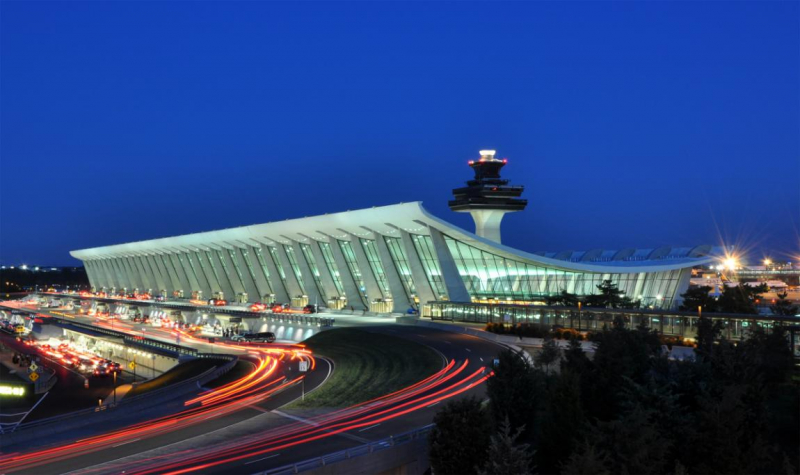
Source: cnn.com 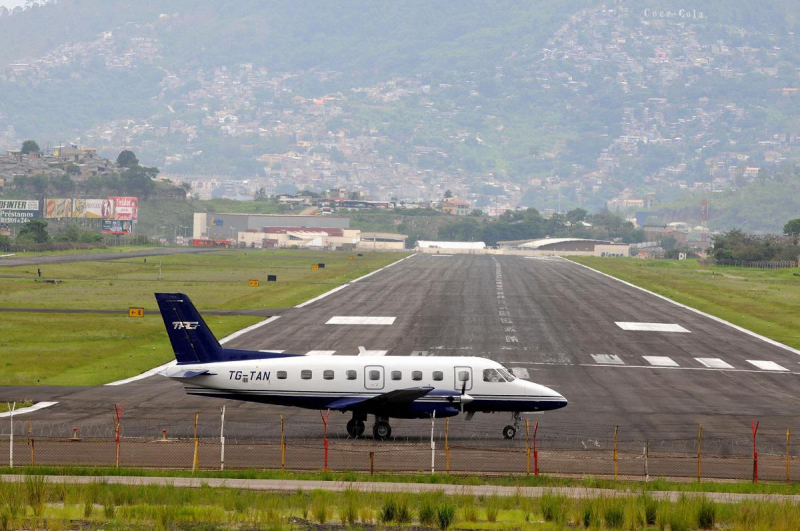
Source: welt.de -
Western Honduras is an excellent spot to experience true Mayan culture. The west, notably the Copan region (home to Honduras' favorite ruins), has a robust Mayan community. It's a terrific place to see some colorful residents, hear languages other than Spanish being spoken, and eat some delicious traditional food.
While Honduras is still a tarnished country as a result of previous tragedies, it is a fascinating sight to visit and preserves much of its real culture, which is partly lost in tourist hotspots in other parts of Latin America. Honduras is authentic Central America, and it should be on any Latin American itinerary. There is more to the Mayans than meets the eye while studying them. When seeing their spectacular remains, including tours of the caverns - the Mayans believed the tunnels were conduits to the underworld. Their temples on the surface are intertwined with the ceremonial caverns underneath.
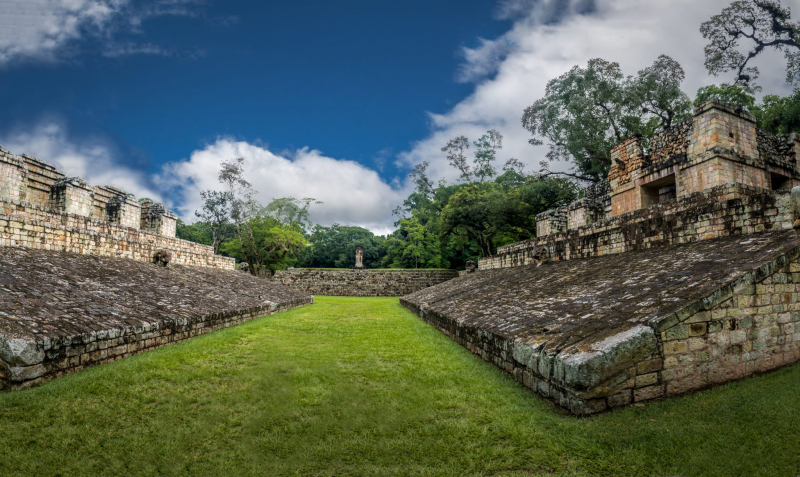
Source: tropicaldiscovery.com 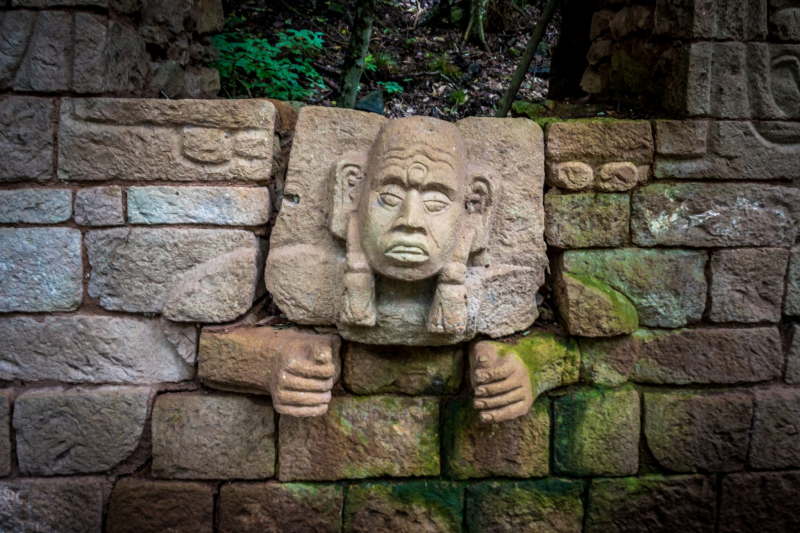
Source: tropicaldiscovery.com













